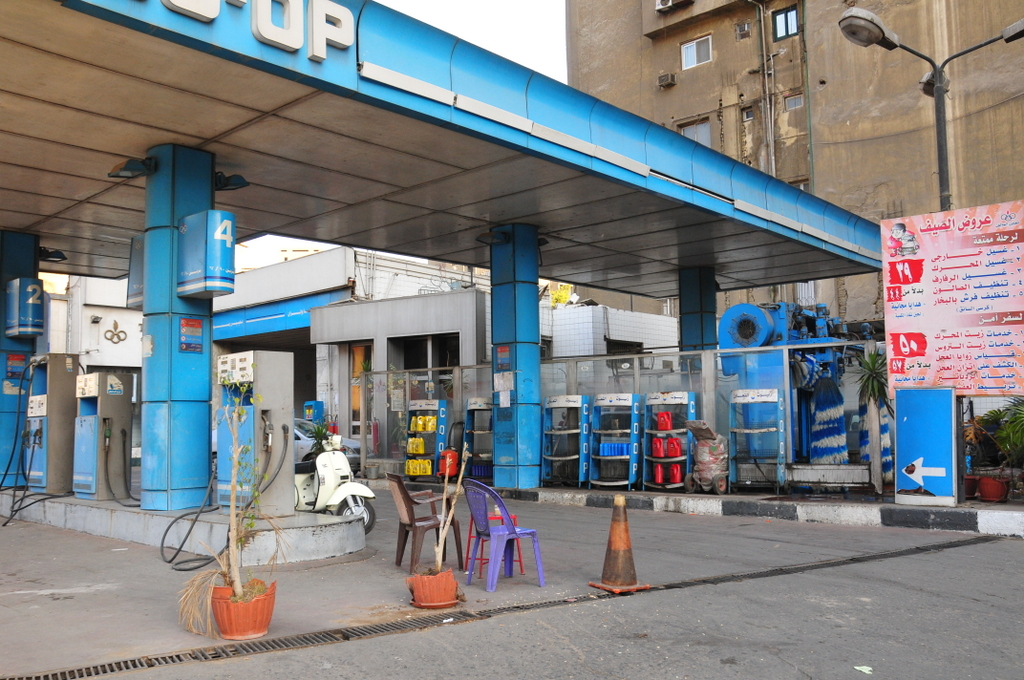Minister of Electricity and Renewable Energy Mohammed Shaker said the government will conclude all technical, financial, and technological agreements to create the first civilian nuclear power plant to produce electricity next month.
The power plant is being built in cooperation with the Russian nuclear firm Rosatom Corporation.
He said the contract with Russia includes the construction of smaller power plants to supply the requirements of the nuclear reactor with nuclear fuel. It will have an operating lifespan of 60 years and Russia will manage the nuclear fuel, operations, maintenance, and training and qualification of human resources.
Shaker said the stations to be launched will have full safety measures, especially since Rosatom provides the VVER-1200 safety systems for Russian reactors, with unprecedented levels of protection against internal and external factors and influences.
President Abdel Fattah Al-Sisi received head of Rosatom Sergey Kiriyenko in June 2015. During the meeting, they agreed on contractual delivery terms and indicative prices for the contract to establish the nuclear plant through the EPC system.
He said Rosatom was selected to establish the first nuclear power plant to produce electricity in Egypt after comparing the technical, technological, and financial offers with six other countries, including South Korea, China, France, and the US.
Shaker said Russia has 96 reactors in 14 countries, including India, Germany, China, Slovakia, Bulgaria, Iran, Portugal, and Armenia, and they are all completely safe and operate with high efficiency.
Shaker moreover denied issuing a gag order on the Dabaa nuclear project. He however noted that the higher interests of the country demand that the period of negotiations with Russia must be confidential.
The agreement with Russia includes training of staff on work in nuclear stations in Russia, Shaker said. He noted that all security approvals have been obtained to send workers to train there. By 2028, the Dabaa reactor will be operating in full capacity, at 4800 MW, with the latest technology.




